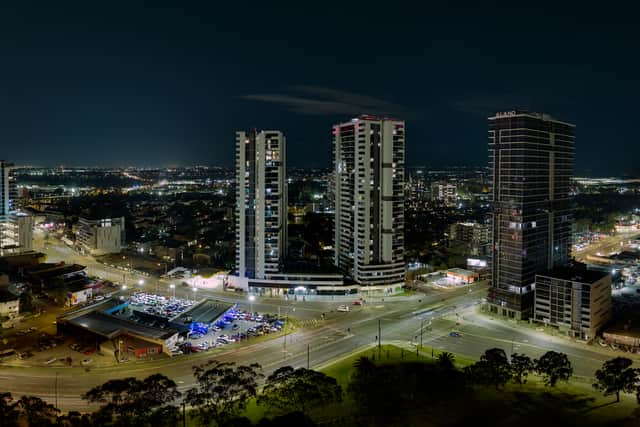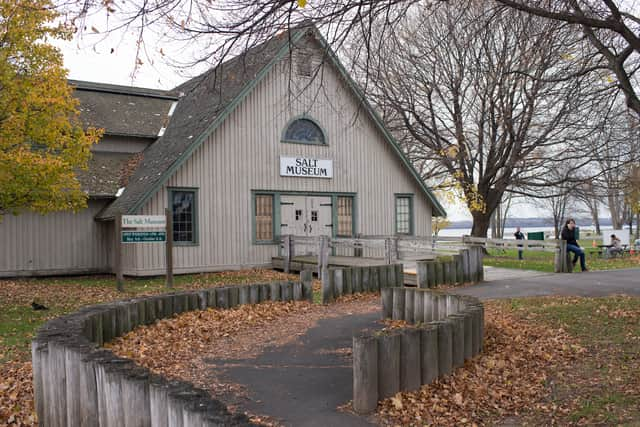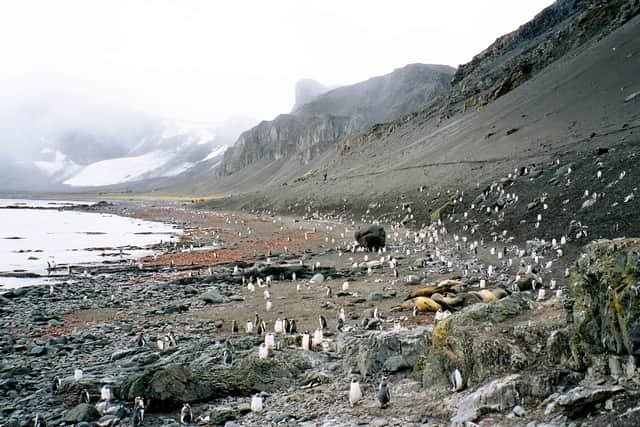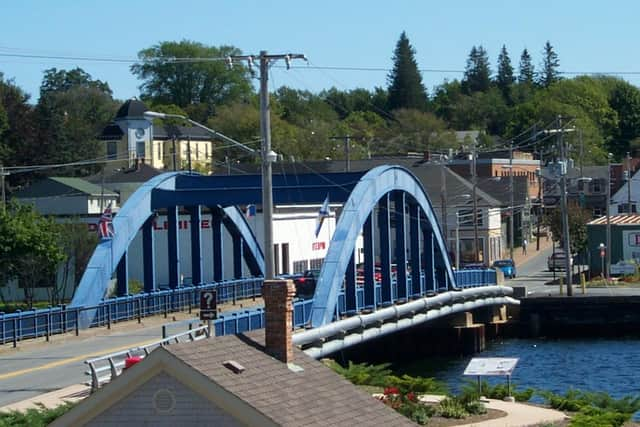Five other places called Liverpool around the world and their story - from Antarctica to New York
and live on Freeview channel 276
Being the force of history that it was, Liverpool has left its mark across the globe. It is not just the city's industrial and cultural exports that can be spotted in each corner of the world - most notably The Beatles - but its name too.
The original 'Liverpool' name can be traced back almost eight centuries and although there are many theories of how it came to be, the most popular has roots in Old English. It comes from lifer, meaning muddy water, and pol, meaning a pool and is first recorded around 1190 as Liuerpul.
Advertisement
Hide AdAdvertisement
Hide AdBut one thing is for certain, it was the very first 'Liverpool' and did not take its name from any other town. This cannot be said for the other places named Liverpool throughout the world, which derived their names from our great city.
These places pop up all over the globe, from Antarctica to Australia, and you probably have not heard of most of them. In some, the architecture is similar to our own, and others even sit beside their own River Mersey.
Here we take a look at some of the other Liverpools of the world, and the stories behind them.


Liverpool, New South Wales, Australia
This suburb of the South Western Sydney region in Australia is one of the oldest urban settlements in Australia, and was founded in November 1810. Lachlan Macquarie, governor of the area at the time, named it after the Earl of Liverpool, Robert Banks Jensinson. Liverpool's influences on the suburb do not end there, as much of the architecture in that area is based on that which you would see here in Merseyside.
Advertisement
Hide AdAdvertisement
Hide Ad

Liverpool, Onondaga County, New York
This village in New York sits on Onondaga Lake and was named Liverpool as early as the 19th century. Originally called 'Little Ireland', it was renamed after Liverpool in 1830 as it produced salt and the original Liverpool was famed for its salt-production. The village has also been known as a cigar manufacturing centre. Despite its age it is not a large village, with only 2,242 inhabitants as of 2020.


Liverpool Beach, South Shetland Islands, Antarctica
This 1.1 mile beach on Livingston Island in Antarctica was named after Liverpool as it was the home port of many sealing ships that operated in the area in the 1800s. The beach is one of the most popular sites on the continent and cruise ships commonly travel to the area so visitors can catch a glimpse of its stunning scenery and animal life.
Liverpool Land, Greenland
This peninsula on the east coast of Greenland contains several settlements as well as communes that have long been abandoned. The reason behind its name can reasonably be presumed to have been due to the fact William Scoresby, who named the area, had travelled there from Liverpool in the early 1800s.


Liverpool, Nova Scotia, Canada
This community and harbour in Nova Scotia was known as Ogomkigeak or 'dry sandy place' when it was an ancient seasonal camp for Nova Scotia's native Mi'kmaq. Later it was known as Lingley, after Admiral Charles Lingley, when it was built up by settlers in 1759. However, Lingley was soon renamed to Liverpool after our own city. Liverpool, Nova Scotia, also sits along a Mersey River.
Comment Guidelines
National World encourages reader discussion on our stories. User feedback, insights and back-and-forth exchanges add a rich layer of context to reporting. Please review our Community Guidelines before commenting.